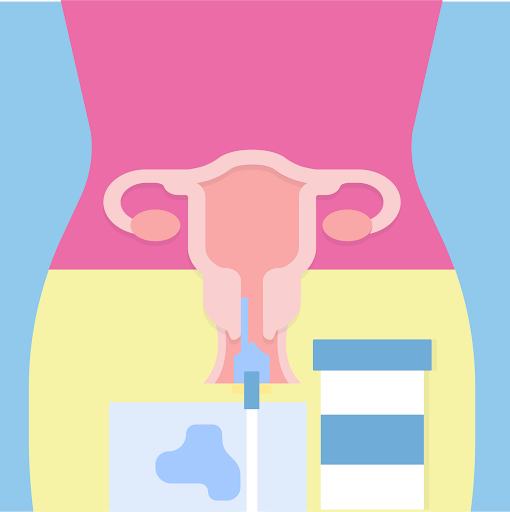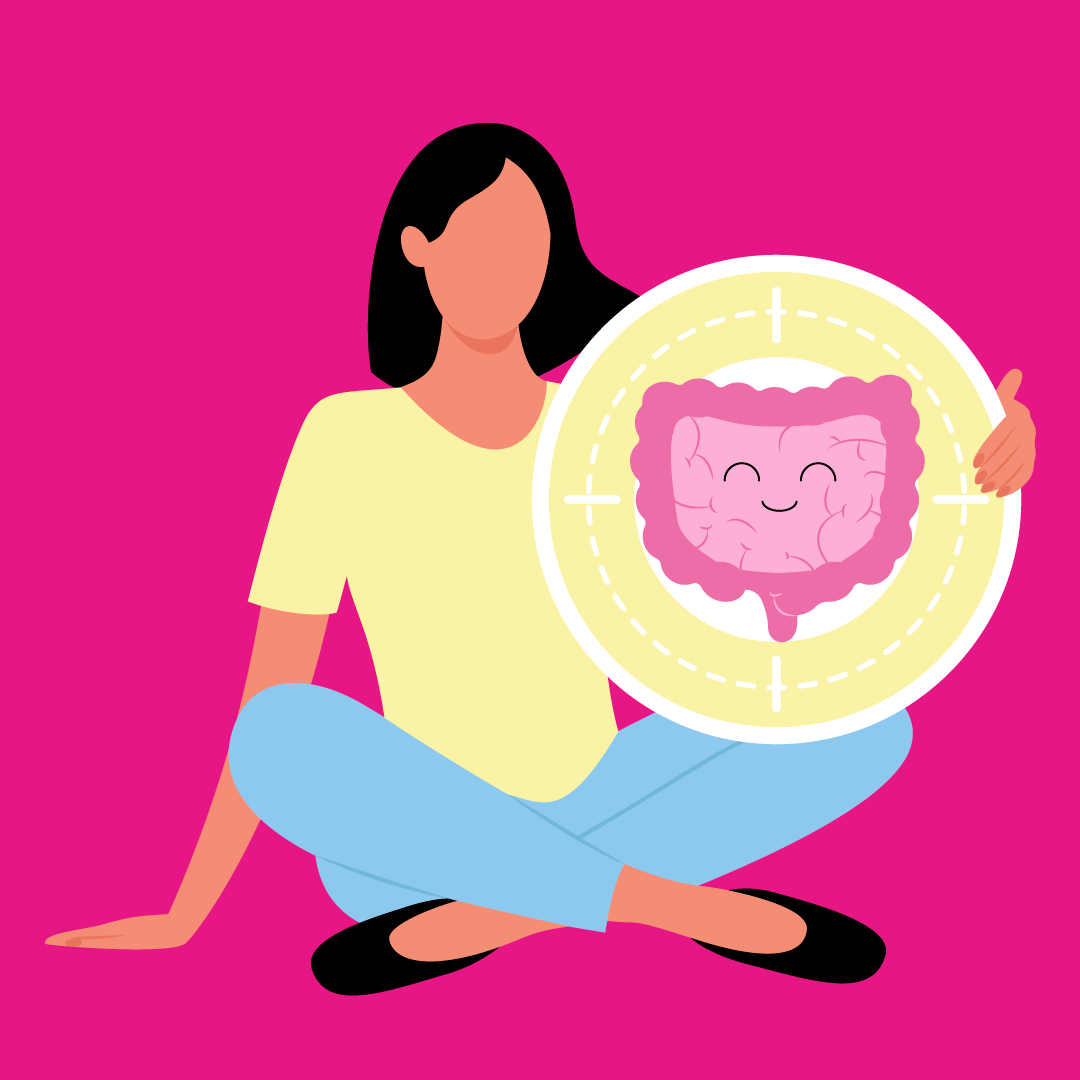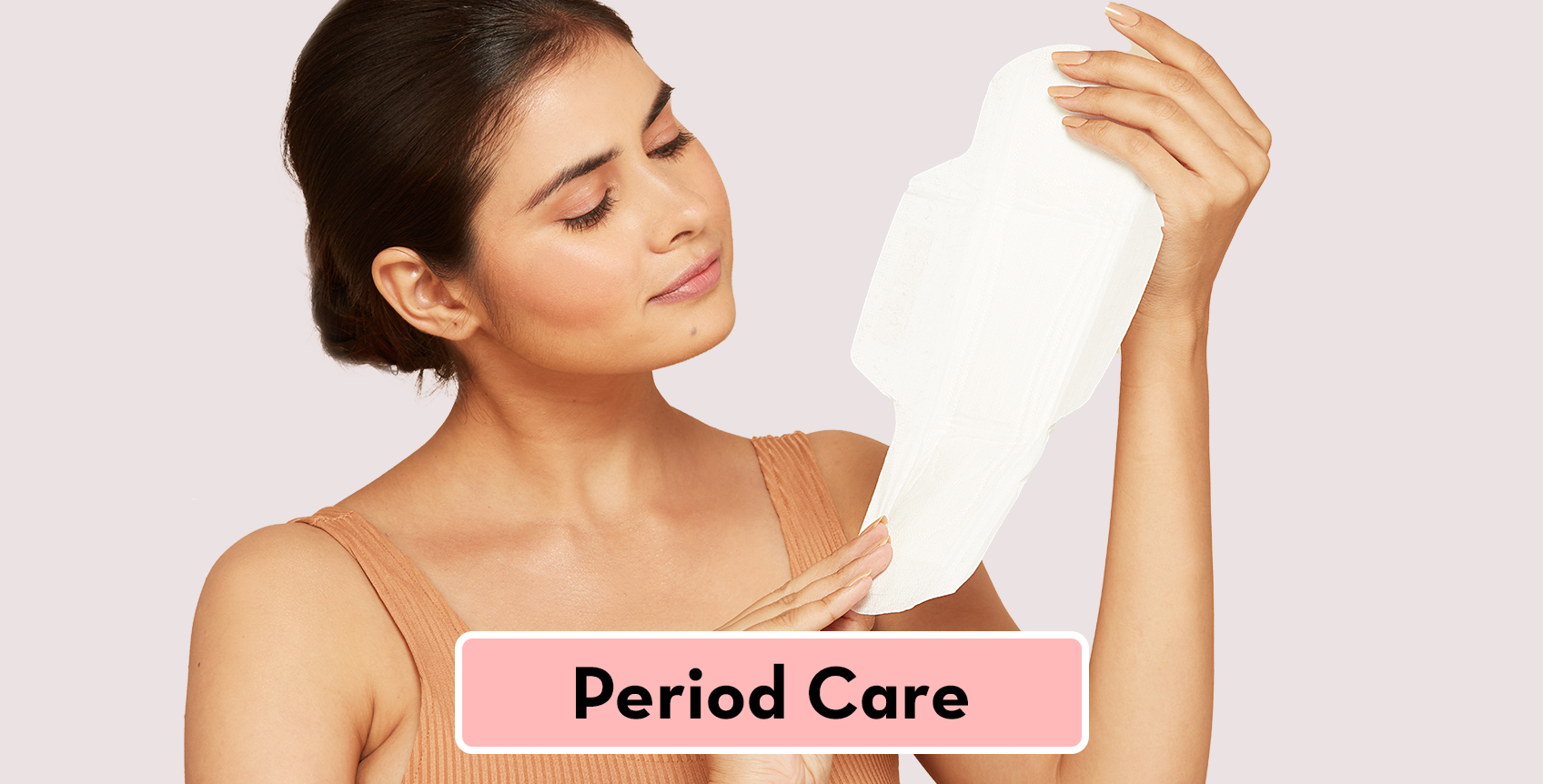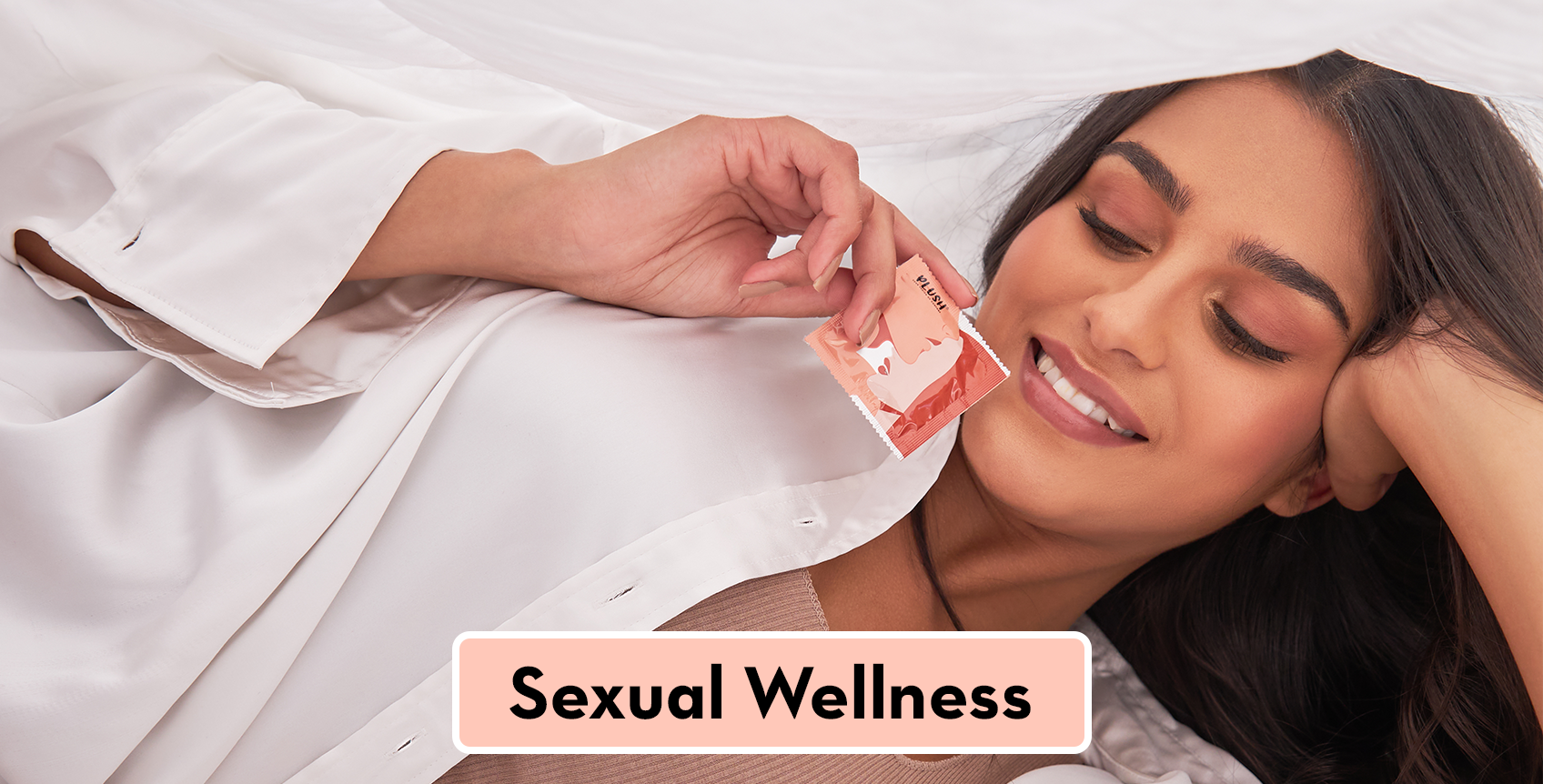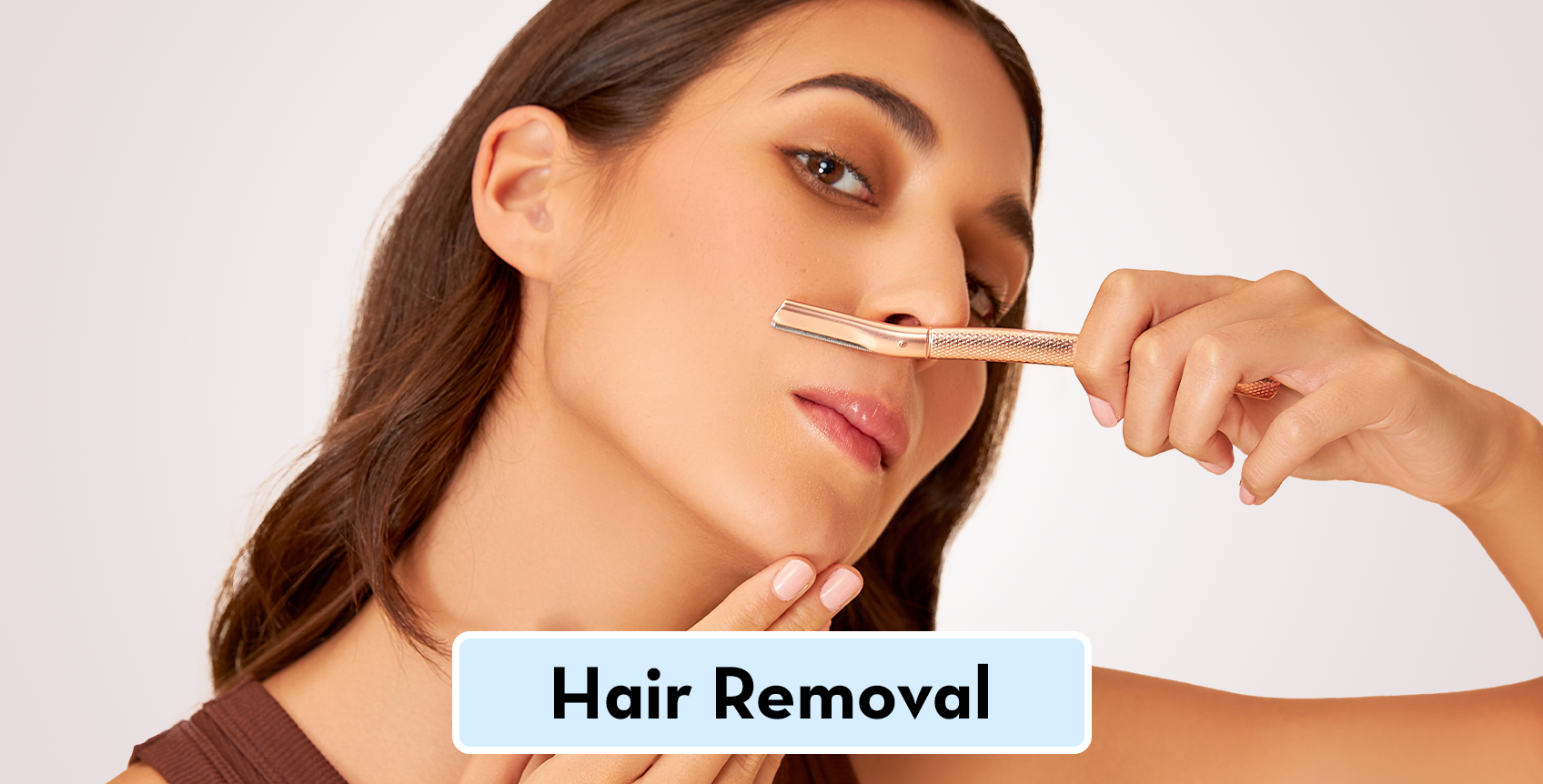The Importance of the HPV Vaccine: What You Should Know
What is HPV?
There are more than 200 viruses in the HPV group. Certain types can result in warts, while others are connected to cancers like those of the throat, anal, and cervical regions. The main way that HPV is transmitted is through close skin-to-skin contact, frequently during intercourse. Almost everyone who engages in sexual activity will get it at some point in their lives because it is so common.
Why is the HPV Vaccine Important?
- Cancer Prevention: The most critical benefit of the HPV vaccine is its ability to prevent certain types of cancer. HPV is responsible for almost all cases of cervical cancer and can also cause cancers of the vulva, vagina, penis, anus, and mouth & throat. By getting vaccinated, you significantly reduce your risk of these cancers. Imagine the vaccine as your personal bodyguard against these unwelcome intruders.
- Reduces HPV Transmission: The vaccine helps decrease the overall spread of HPV. When more people are vaccinated, the virus has fewer opportunities to spread, leading to herd immunity. This helps protect those who cannot get vaccinated, such as individuals with certain health conditions. It’s like a group effort to keep the neighborhood safe from that one annoying neighbor.
- Protects Future Generations: By vaccinating children and teens today, we protect them from HPV-related cancers and diseases in the future. This long-term protection is crucial for their health and well-being. It’s like planting a tree now so they can enjoy the shade later.
Who Should Get the HPV Vaccine?
It is advised that preteens (boys and girls) around the ages of 11 or 12 receive the HPV vaccine since it is most effective when given prior to exposure to the virus. If you're older, though, there's still time to get vaccinated:
- Children and Teens: All boys and girls should receive the HPV vaccine by the age of 11 or 12, according to the CDC, however it can be given as early as age 9. Catch-up vaccines are recommended for males through age 21 and for females through age 26 if they weren’t vaccinated when they were younger. Think of it as giving them a head start in the battle against HPV.
- Adults: Some adults ages 27 through 45 who weren’t adequately vaccinated might decide to get the HPV vaccine after discussing with their healthcare provider. While the vaccine is less effective at older ages due to previous HPV exposure, it can still offer some benefits. Better late than never, right?
How is the HPV Vaccine Given?
There are several doses required to receive the HPV vaccine. The age at which the immunization series is initiated determines how many doses are required:
- Ages 9 to 14: Two doses are usually given six to twelve months apart.
- Ages 15-45: Three doses are recommended, with the second dose given one to two months after the first, and the third dose given six months after the first dose. Just a few quick jabs for long-term peace of mind.
Are There Side Effects?
Like any other vaccine, the HPV vaccine might have side effects, though they are typically minor.
- Pain, redness, or swelling at the injection site
- Mild fever
- Headache
- Fatigue
- Nausea
Serious side effects are rare. The benefits of preventing HPV-related cancers and diseases far outweigh the risks of these mild side effects. Think of it like enduring a tiny mosquito bite to avoid a lion attack.
Addressing Common Concerns
- "Is the HPV vaccine safe?" Yes, a thorough investigation proved the safety of the HPV vaccine. With tens of thousands of participants investigated globally, it has a strong safety record. It's similar to walking a tightrope with a safety net.
- "Does the vaccine encourage sexual activity?" No, research indicates that teenagers who receive the HPV vaccine have not shown an increase in risk-taking or sexual activity. It’s not a hall pass for wild behavior; it’s just a smart health choice.
- "Why vaccinate boys if HPV causes cervical cancer?" Men could also get throat, anal, and penile cancers as a result of HPV. Vaccinating boys helps prevent these cancers and reduces the spread of the virus to others. It’s a win-win situation.
In a Nutshell
The HPV vaccine is a vital tool in the fight against cancer. By vaccinating children, teens, and even some adults, we can significantly reduce the prevalence of HPV-related cancers and diseases. Talk to your healthcare provider about the HPV vaccine and protect yourself and your loved ones from this common and potentially dangerous virus.
Remember, prevention is always better than cure. Getting vaccinated not only protects you but also helps safeguard public health by reducing the spread of HPV. Stay informed, stay protected, and take advantage of the benefits that the HPV vaccine offers.
Leave a Message
This site is protected by reCAPTCHA and the Google Privacy Policy & Terms of Service apply.

